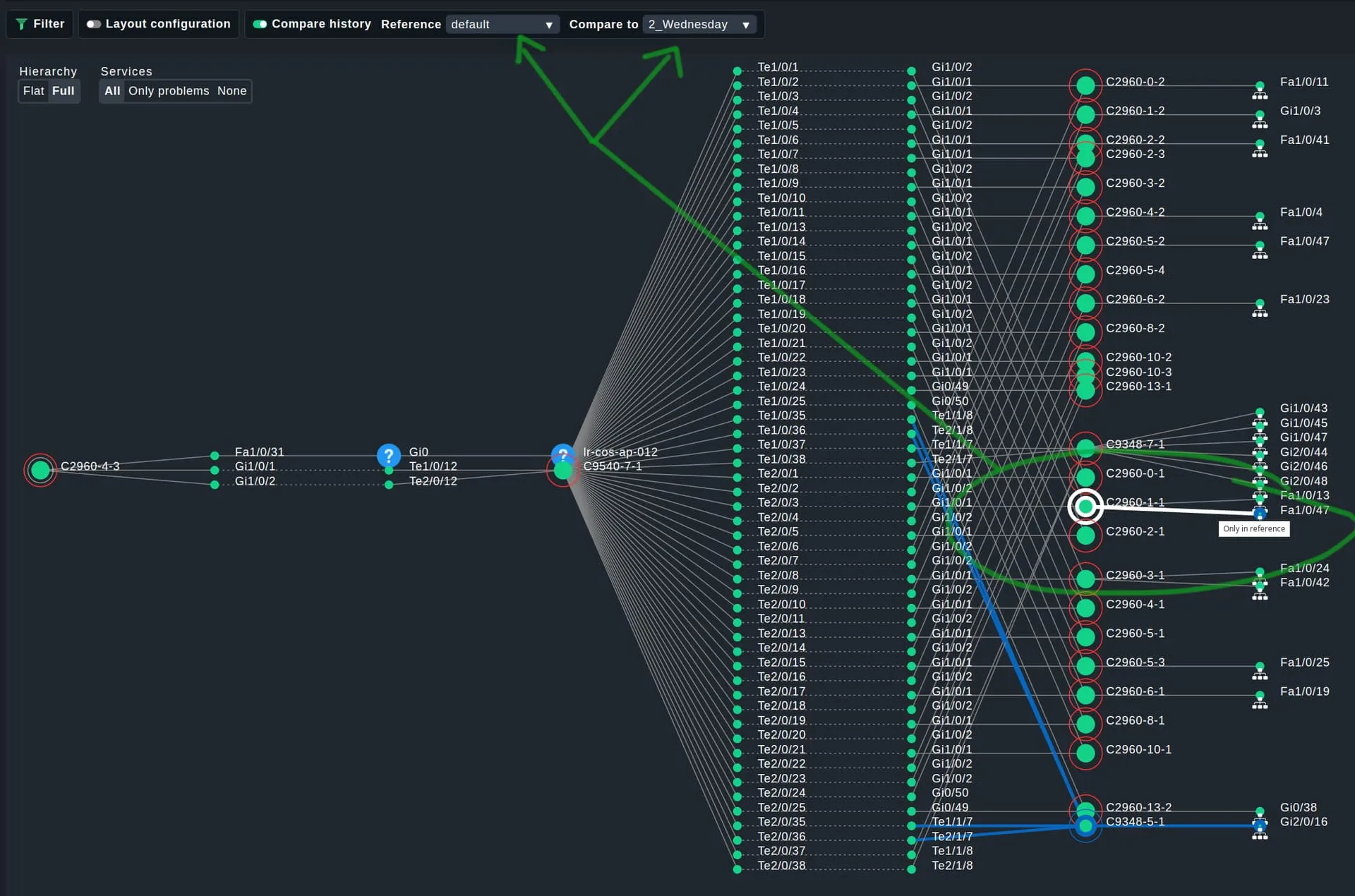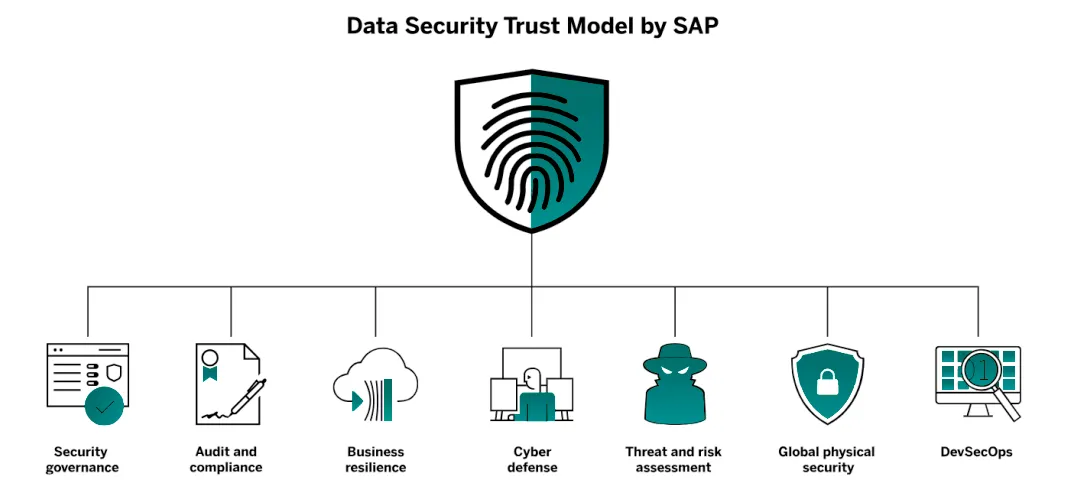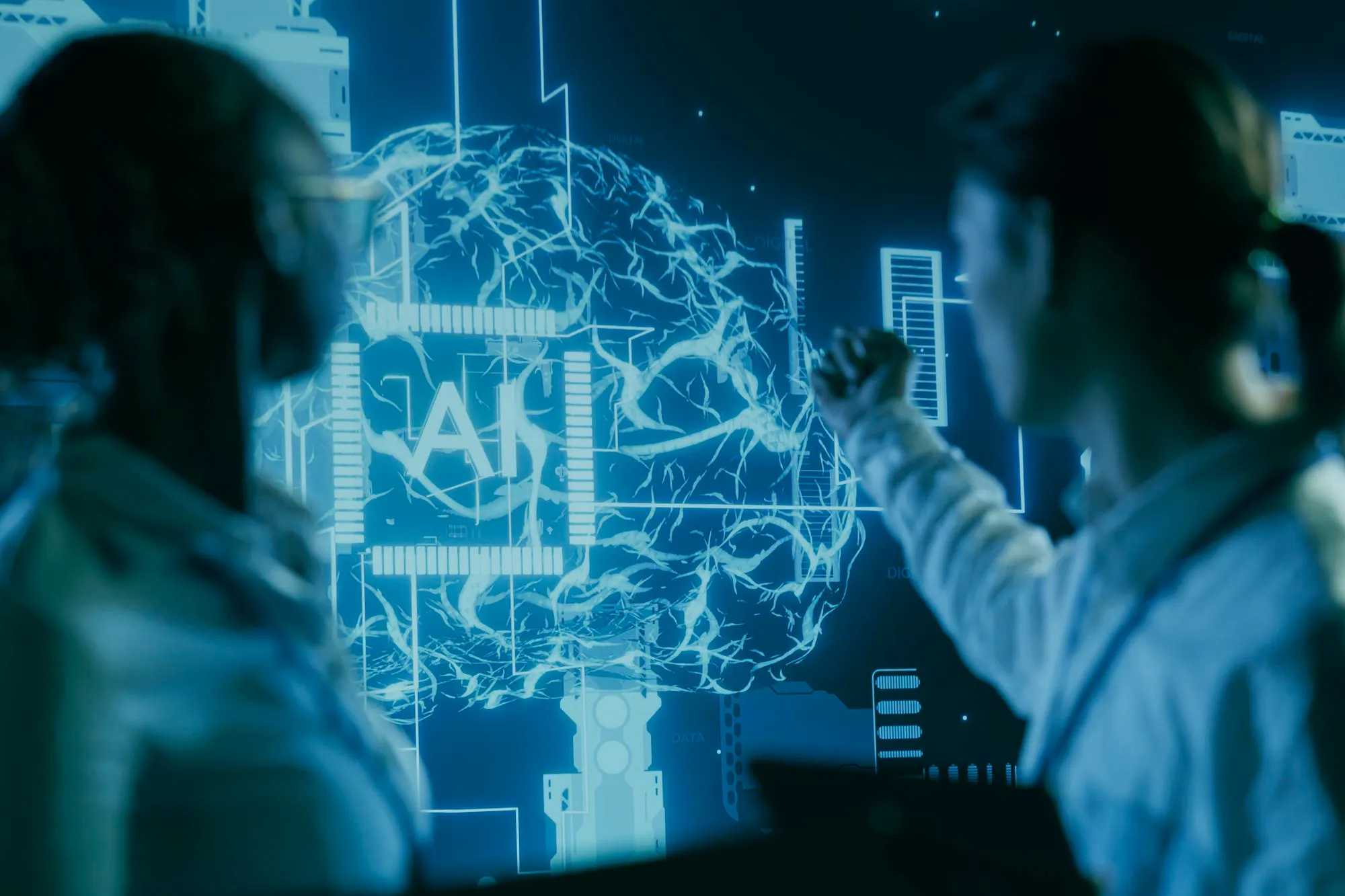The Future Of IT Services With Advanced Monitoring
The increasing integration of AI and automation in the IT sector is transforming the monitoring of critical systems. Tools such as Checkmk, SAP, and Tibco improve human-machine collaboration, offering greater efficiency, proactivity, and resilience, while reducing failures and accelerating incident response.
Overview
The increasing complexity of IT systems demands new approaches to ensure their availability, performance, and security. The integration of AI and automation in tools such as Checkmk, SAP, and Tibco has emerged as an effective solution, enabling proactive monitoring of critical networks and processes. This leads to more efficient operations and reduced susceptibility to failures. According to Gartner (2023), AI integrated into monitoring tools can reduce downtime by up to 40%, while Forrester reports that 65% of large enterprises have already adopted some level of automation to improve operational efficiency and reduce costs.
Checkmk: Automation and Predictive Monitoring

Checkmk (CMK) is a powerful IT monitoring platform that enables real-time supervision of networks, servers, databases, and cloud services. This platform offers advanced automation, allowing constant tracking of IT infrastructure health and automatic detection of anomalies.
Checkmk Features:
- Predictive Monitoring: The use of AI enables predictive analysis of collected data. Through this approach, Checkmk identifies historical performance patterns, forecasting potential failures before they cause service disruptions. A 2024 IDC study highlights that predictive monitoring with AI can enhance efficiency by 25%, preventing small issues from escalating into major failures.
- Integration with Multiple Platforms: The tool offers native integration with SAP systems, databases, applications, and cloud services, providing a holistic view of the infrastructure.
- Scalability and Flexibility: Checkmk is highly scalable and can be deployed in complex IT environments, whether they are on-premises, hybrid, or fully cloud-based.
SAP: Intelligent Automation for Optimized Operations

SAP is one of the most widely used enterprise resource planning (ERP) systems globally, responsible for managing critical business processes such as finance, production, logistics, and human resources. Given its complexity and strategic importance, continuous monitoring of SAP systems is crucial to ensure the integrity of business operations.
Benefits of Automation in SAP:
- Automation of Monitoring Tasks: SAP provides native monitoring tools such as SAP Solution Manager, which integrates with AI systems to automate the management and tracking of systems. According to a 2023 Forrester report, automation in SAP can reduce operational costs by up to 30% through workflow optimization and the reduction of inefficiencies.
- Process Performance Monitoring: AI in SAP enables real-time monitoring of business process performance, identifying inefficiencies and suggesting optimizations to improve workflows. McKinsey notes that automation applied to SAP results in production cycles that are up to 20% faster.
- Security Management: AI i
Tibco: Integration and System Automation
Tibco is a robust integration platform that facilitates communication between different systems within an organization. In environments where multiple applications and databases must interact, Tibco ensures efficient and seamless system integration.
Automation and Monitoring in Tibco:
- Real-Time Monitoring: With the ability to monitor integration flows between systems, Tibco provides real-time oversight of data exchange and service health. This includes checking for integration process failures and identifying anomalies in real time. Gartner emphasizes the importance of this capability for companies managing hybrid environments, where synchronization between systems is critical.
- Automation of Integration Processes: Tibco’s AI optimizes data exchanges, eliminating bottlenecks and ensuring smooth integration processes between SAP systems, databases, and other applications.
- Anomaly Detection: Tibco uses machine learning algorithms to identify usage patterns and predict failures before they occur. This approach enables proactive problem mitigation and automatic resolution with minimal manual intervention.
Human-Machine Collaboration in IT Monitoring

The Integration of AI and Automation in System Monitoring Tools like Checkmk, SAP, and Tibco does not replace human expertise. On the contrary, human-machine collaboration is essential to maximize the potential of these technologies. AI is effective in identifying issues and executing automated corrective actions, but humans remain crucial for strategic decisions and adapting technology to new business challenges.
Gartner predicts that by 2025, 85% of IT operations in large organizations will heavily rely on human-machine collaboration. While AI can automate tasks, human intervention will be critical for tasks requiring critical judgment, customization, and long-term strategies.
The Future Of Automation and AI in IT
The future of IT services is directly tied to the evolution of AI and automation. Tools like Checkmk, SAP, and Tibco will continue to evolve, integrating increasingly sophisticated predictive analytics and automation functionalities. Predictions suggest AI will play a central role in creating more autonomous IT operations, with human interventions focusing on strategic decision-making.
Forrester highlights that by 2024, more than 70% of companies will have implemented automation in multiple critical IT processes, leading to direct improvements in resilience and operational efficiency. These advancements reflect ongoing research and development efforts to make IT operations more efficient, resilient, and with reduced downtime.
Final Thoughts

The integration of AI, automation, and human-machine collaboration with tools like Checkmk, SAP, and Tibco is transforming the IT sector. These scientifically validated technologies provide tangible benefits, such as reduced failures, increased efficiency, and improved management of critical business processes. Organizations adopting this hybrid approach will be better equipped to face future challenges and ensure the success of their IT operations in an increasingly digital and complex business environment.
